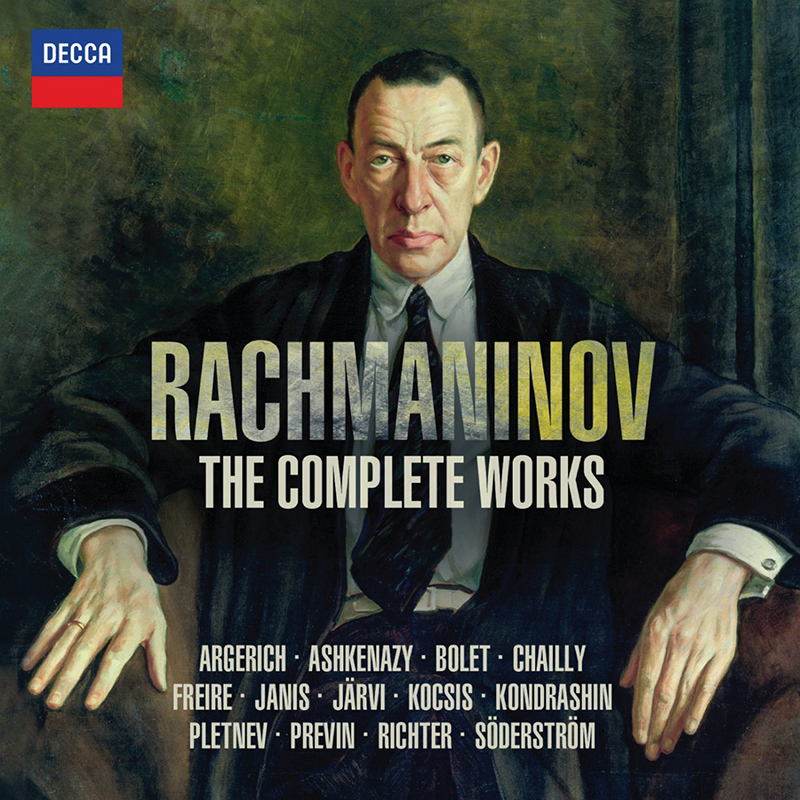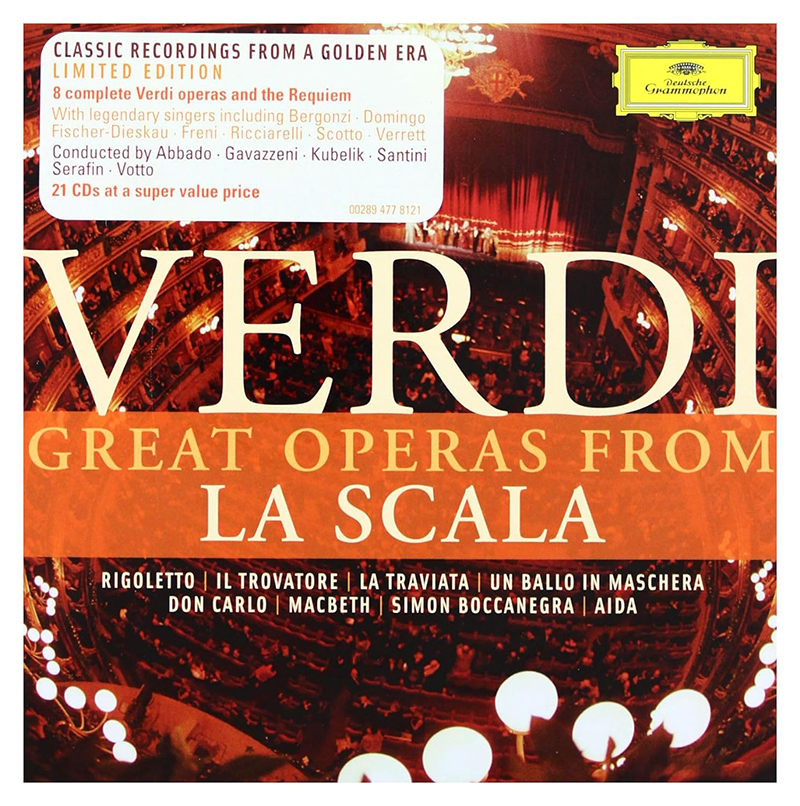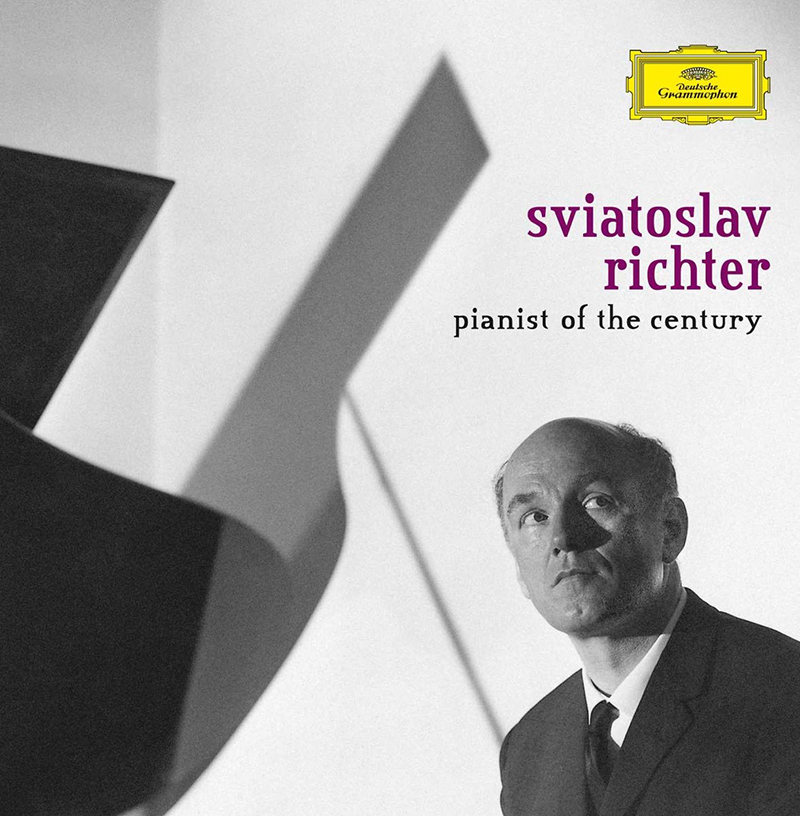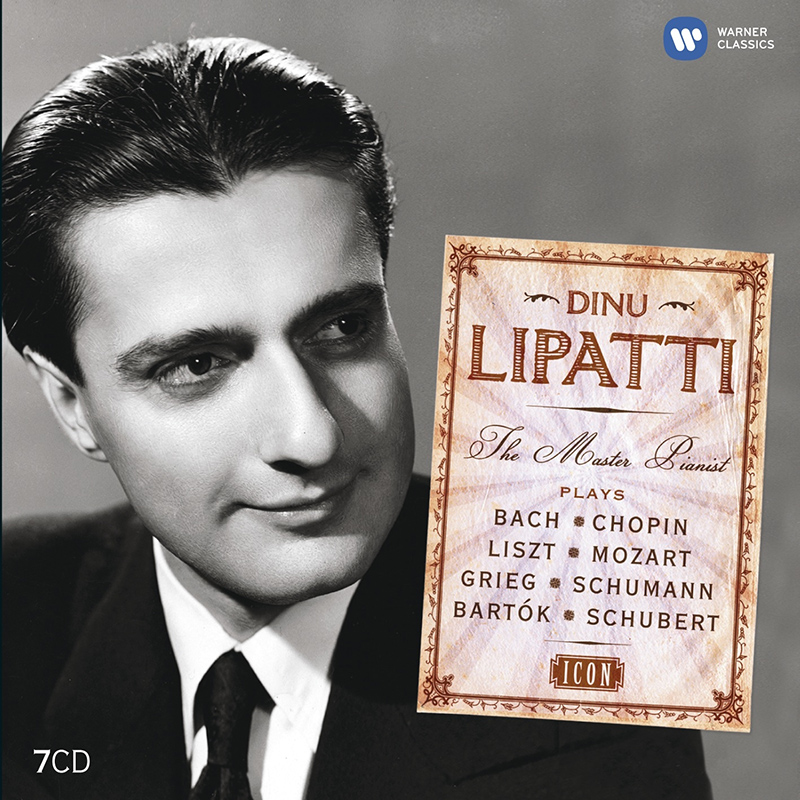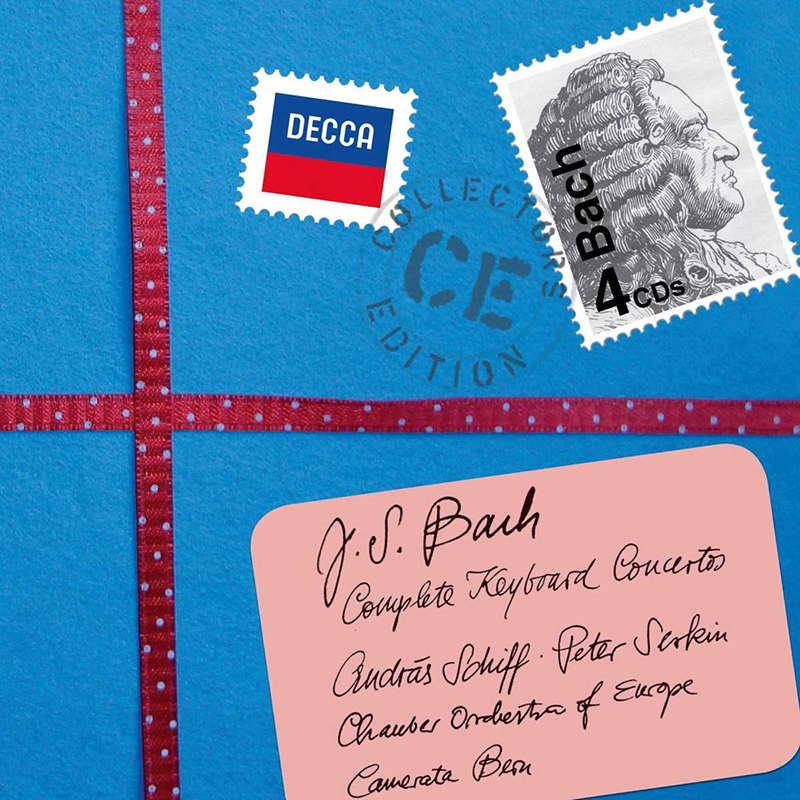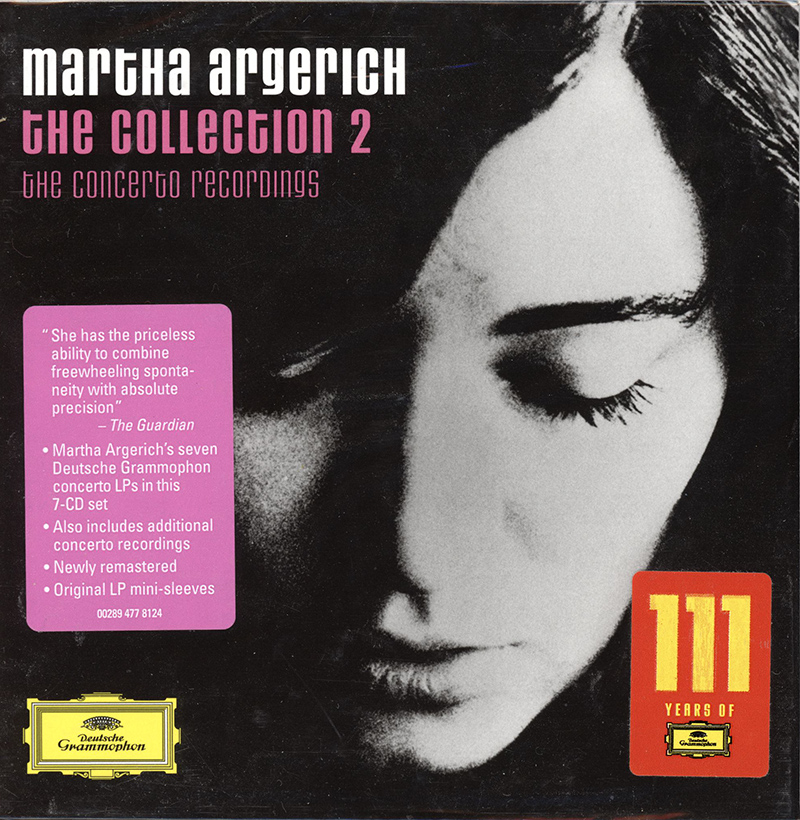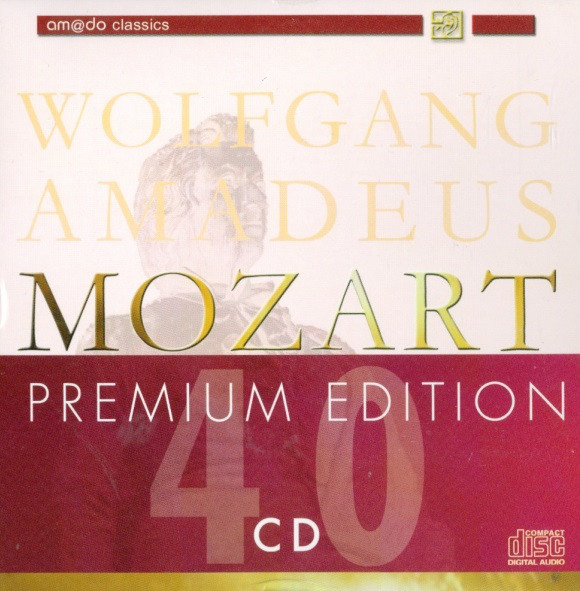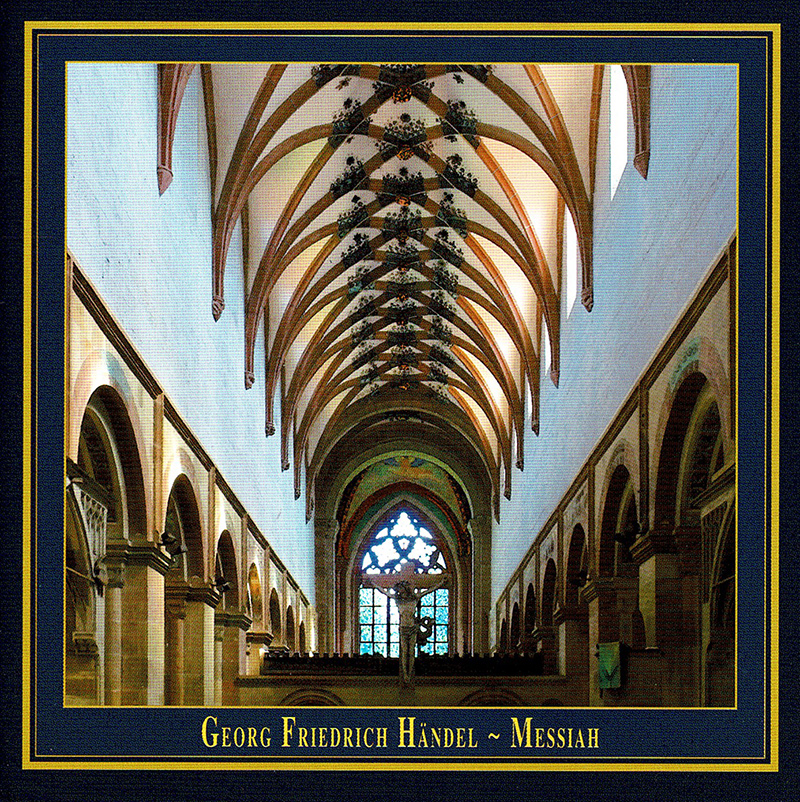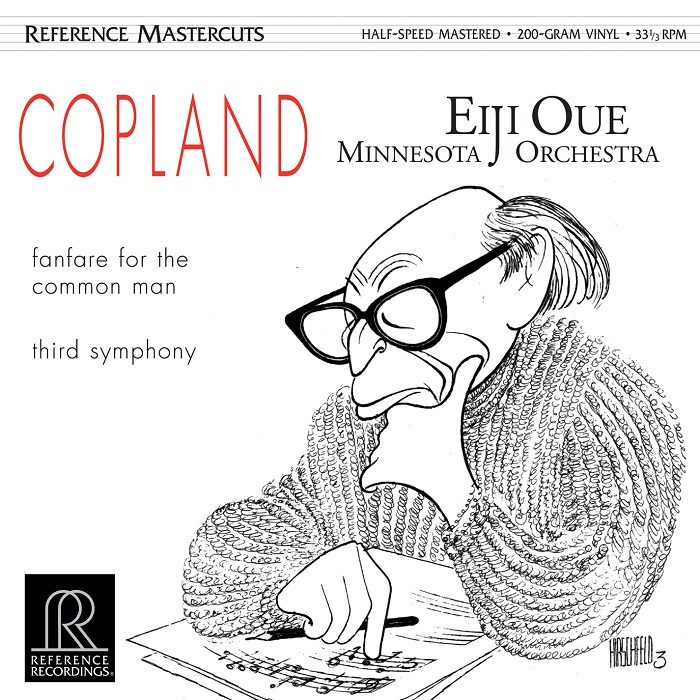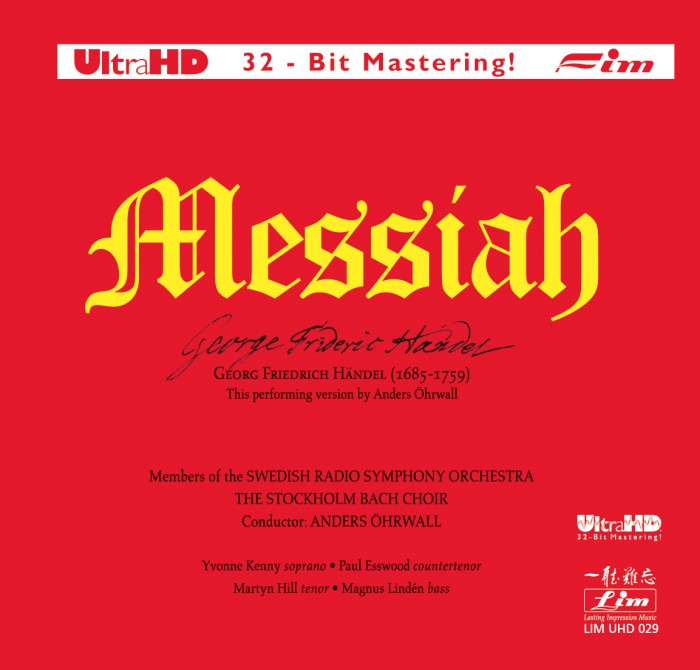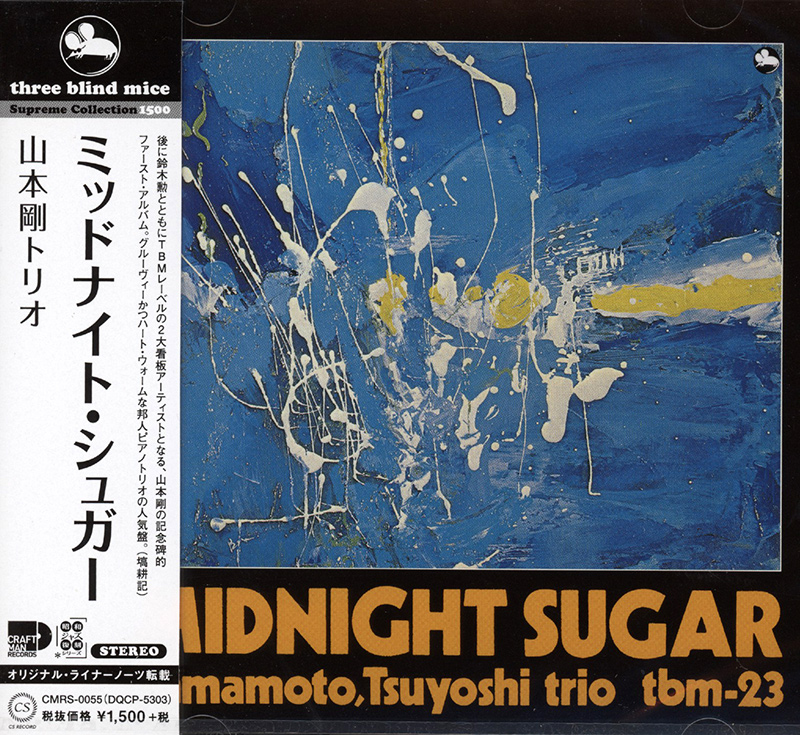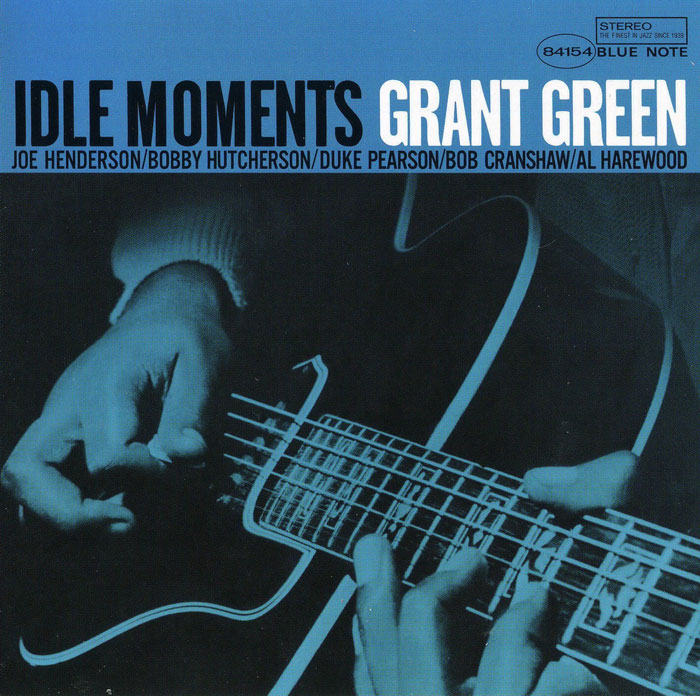Logowanie
KOLEKCJE!
BACH, CHOPIN, LISZT, MOZART, GRIEG, Dinu Lipatti, Otto Ackermann, Ernest Ansermet
The Master Pianist
PROKOFIEV, CHOPIN, TCHAIKOVSKY, SCHUMANN, BEETHOVEN, Martha Argerich, Claudio Abbado, Giuseppe Sinopoli
The Concerto Recordings
The Collection 2
Jakość LABORATORYJNA!
ORFF, Gundula Janowitz, Gerhard Stolze, Dietrich-Fischer Dieskau, Deutsche Oper Berlin, Eugen Jochum
Carmina Burana
ESOTERIC - NUMER JEDEN W ŚWIECIE AUDIOFILII I MELOMANÓW - SACD HYBR
Winylowy niezbędnik
ClearAudio
Essence MC
kumulacja zoptymalizowana: najlepsze z najważniejszych i najważniejsze z najlepszych cech przetworników Clearaudio
Direct-To-Disc
PIAZZOLLA, ChamberJam Europe
Tangos del Ángel y del Diablo
Direct-to-Disc ( D2D ) - Numbered Limited Edition
HANDEL, Hannoversche Hofkapelle, Jurgen Budday
Messiah
- Part the first
- CD I / 01 Symphony
- CD I / 03 Ev‘ry valley shall be exalted (Air. Tenor)
- CD I / 04 And the glory of the Lord shall be revealed (Chorus)
- CD I / 06 But who may abide the day of His coming (Air. Alto)
- CD I / 11 For unto us a child is born (Chorus)
- CD I / 15 Glory to God in the highest, and peace on earth (Chorus)
- CD I / 17 He shall feed His flock like a shepherd (Duet)
- CD I / 18 His yoke is easy, and His burthen is light (Chorus)
- Part the second
- CD I / 23 All we like sheep have gone astray (Chorus)
- CD II / 01 All they that see Him laugh (Accompagnato. Tenor)
- CD II / 06 But Thou didst not leave His soul in hell (Air. Tenor)
- CD II / 10 The Lord gave the word (Chorus)
- CD II / 11 How beautiful are the feet of them (Air. Soprano)
- CD II / 13 Why do the nations so furiously rage together (Air. Bass)
- CD II / 14 Let us break their bonds asunder (Chorus)
- CD II / 16 Hallelujah (Chorus)
- Part th third
- CD II / 20 The trumpet shall sound (Air. Bass)
- CD II / 21 O death, where is thy sting? (Duet. Alto, Tenor)
- CD II / 24 Worthy is the Lamb that was slain (Chorus)
- CD II / 25 Amen (Chorus)
- Hannoversche Hofkapelle - orchestra
- Jurgen Budday - conductor
- HANDEL
nagranie ze słynnej kolekcji klasztoru Maulbronn - NAJLEPSZA AKUSTYKA NA ŚWIECIE!
Complete Recording Oratorio in three parts - An historically informed performance in English This recording is part of a cycle of old testament oratorios by G. F. Handel and is one of the many concerts performed at Maulbronn monastery over the past years. The series combines authentically performed baroque oratorios with the optimal acoustics and atmosphere of this unique monastic church. This ideal location demands the transparency of playing and the interpretive unveiling of the rhetoric intimations of the composition, which is especially aided by the historically authentic performance. The music is exclusively performed on reconstructed historical instruments, which are tuned to the pitch customary in the composers lifetime (a = c. 415 Hz). A vital aspect of Jürgen Budday’s interpretation of George Frideric Handel’s The Messiah, apart from matters of performance practice, is his focus on the work’s dynamic conception. Dynamics are notated in the autograph manuscript, but Handel further annotated the Dublin score to mark the ripieno passages. By adding shifts in ensemble strength to the alternation of piano and forte, Handel evokes an ample measure of contrast and colour. Handel’s dynamic indications in The Messiah go beyond the usual forte, piano and pianissimo to include mezzo piano and un poco piano, markings by which he intended an even finer differentiation. One would do well, when preparing a performance, to observe the ripieno indications in the Dublin score, as they are for the most part essential to Handel’s dynamic conception. Examples in point include the arias Comfort ye (No. 2) and Ev‘ry valley shall be exalted (No. 3); the choruses And the glory, the glory of the Lord (No. 4) and His yoke is easy, His burthen is light! (No. 18); as well as the beginning of the Hallelujah chorus (CD II, No. 16). The Maulbronn interpretation takes this dynamic conception seriously and clearly differentiates solo and ripieno sections in the numbers just mentioned. This inevitably gives rise to novel and more subtle auditory impressions, for which the beginning of the Hallelujah chorus provides a clear example. Elsewhere, Handel’s senza ripieno indications appear to have been motivated more by consideration of the technical inadequacies of his ripienisti, and therefore were not observed in the Maulbronn performance. The libretto and the music, each in itself and together as a whole, form a providential unity. The libretto, ascribed to Charles Jennens, is no mere compilation of Bible quotations, and Jennens made various changes to the wording of the selected text passages. In the course of successive performances, Handel composed variants of some of the arias to fit the immediate occasion or circumstances. For the Maulbronn performance, those variants were chosen that Handel himself is said to have preferred.
